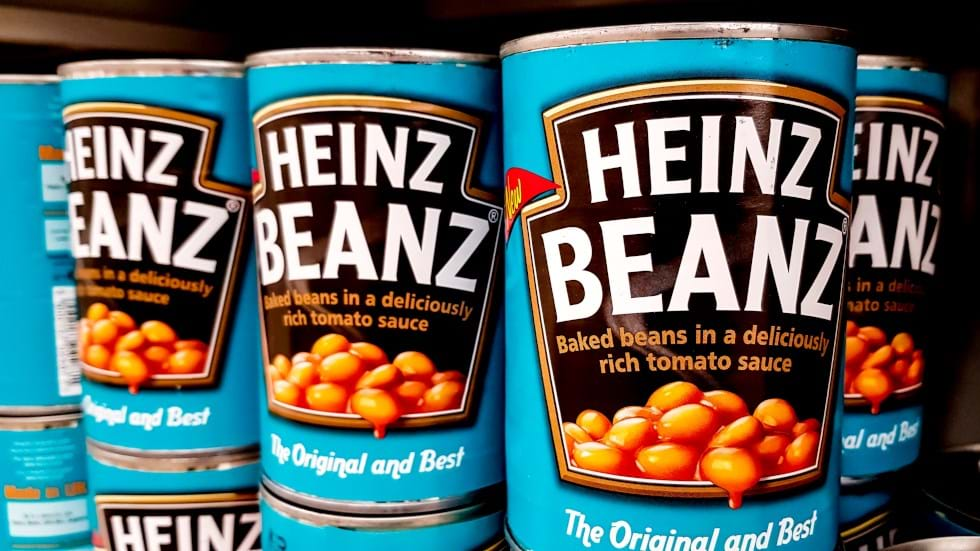Kraft Heinz break-up aims to revive struggling brands

US FOOD giant Kraft Heinz will divide into two standalone companies by mid-2026, aiming to reverse a prolonged slump in share price and unlock greater brand value.
The larger of the two new companies, yet to be named, will focus on sauces, spreads and seasonings which currently contribute US$15.4bn to Kraft Heinz’s net sales. It will include all Heinz- and Philadelphia-branded products, along with Kraft Mac & Cheese, and the Indonesian and Chinese condiments brands ABC and Master.
The second company will focus on North American grocery products such as packaged meats and cheeses and ready meals, including Oscar Mayer, Kraft Singles and Lunchables, which currently contribute US$10.4bn to Kraft Heinz’s net sales. Full brand allocation between the two companies is yet to be announced.
The move echoes Kellogg’s 2023 decision to split into separate snack and cereal businesses.
Kraft Heinz did not specify the reasons behind its poor performance, although CEO Carlos Abrams-Rivera hinted at mounting competition from lower-cost own-brand products, saying in an interview that he is “conscious of how consumers today, in the US in particular, are under pressure”. Abrams-Rivera will take the helm of the newly formed groceries-focused business, while the Kraft Heinz board is in the process of appointing a CEO to lead the sauces and spreads company.
The food giant has performed poorly on financial markets since Heinz bought Kraft in 2015. At the time of last week’s announcement, the Heinz Kraft share price was 26% lower than it was 12 months earlier, and 70% lower than in 2017. The board’s unanimous decision to split the company came after a strategic review was launched in May. Jack Pope, the lead director of the Kraft Heinz board, said he is confident the move “will translate into better performance and value creation for shareholders”.
Beanz there, done that
The 2015 merger between Kraft and Heinz was bankrolled by US conglomerate Berkshire Hathaway and Brazilian private equity fund 3G Capital, who spent a combined US$28bn taking Heinz private in 2013, followed by US$63bn to buy Kraft two years later. Billionaire chair of Berkshire Hathaway Warren Buffett admitted to overpaying for Kraft in 2019, and today Kraft Heinz’s market value is just US$31bn. The board believes the total value of the two new companies could be greater than this, although Buffett told CNBC last week he was “disappointed” when the news of the split broke.
Concerns began to surface in 2023 when 3G Capital sold its entire stake in Kraft Heinz without formally notifying the company’s directors. Tensions became more visible in May this year, when two Berkshire Hathaway executives resigned from the board.
Berkshire Hathaway remains the largest shareholder in Kraft Heinz with a 27.5% stake, although the capital structure of the two new companies is yet to be announced. Kraft Heinz has said the separation transaction will be tax-free but will incur up to US$300m in additional costs.
Miguel Patricio, executive chair of the board of Kraft Heinz, said: “Kraft Heinz’s brands are iconic and beloved, but the complexity of our current structure makes it challenging to allocate capital effectively, prioritise initiatives and drive scale in our most promising areas.”
Recent Editions
Catch up on the latest news, views and jobs from The Chemical Engineer. Below are the four latest issues. View a wider selection of the archive from within the Magazine section of this site.




